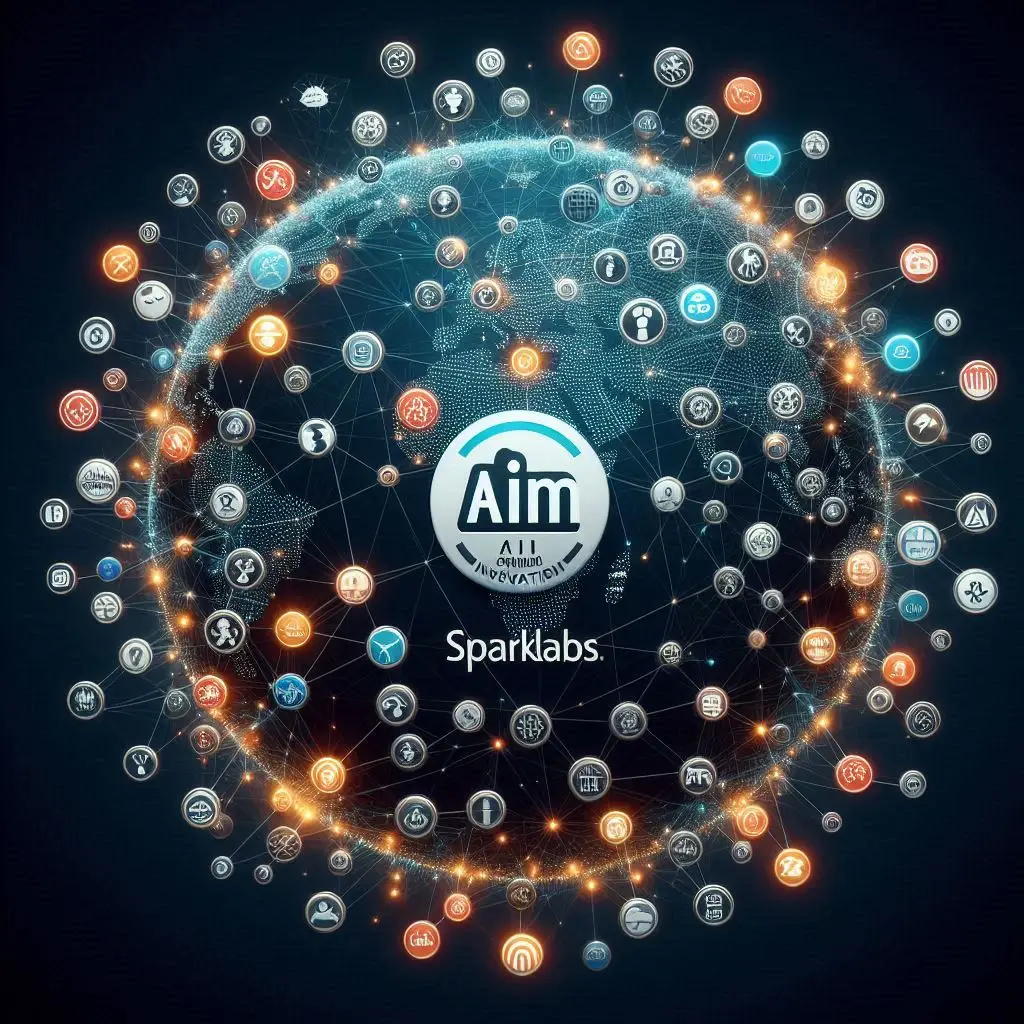In the fast-paced world of venture capital (VC), the demand for shares in late-stage startups, especially in the artificial intelligence (AI) sector, has reached unprecedented heights. As VCs scramble to secure pieces of the most promising AI companies, many are turning to the secondary market a platform where existing shareholders, such as employees or early investors, can sell their shares to others. However, as direct access to these shares becomes more challenging, VCs are increasingly utilizing financial instruments known as special purpose vehicles (SPVs) to facilitate these transactions. While this approach offers significant opportunities, it also presents substantial risks, highlighting the precarious nature of the current AI investment landscape.
The Emergence of SPVs as a Hot Commodity
SPVs, though not a new concept in the financial world, have recently gained prominence as a tool for VCs to navigate the competitive secondary market. These vehicles allow VCs with access to a startup’s shares to pool these shares into a separate entity the SPV and then sell shares of the SPV to other investors. This structure enables high-net-worth individuals and smaller VC firms, who might otherwise be locked out of direct investment opportunities, to gain exposure to high-demand startups.
However, as the popularity of AI companies like Anthropic and xAI soars, SPVs holding their shares are commanding premium prices, sometimes up to 30% higher than the shares' value in the last fundraising round. This trend, while beneficial for the original SPV creators, poses significant challenges for those buying into these vehicles at inflated prices.
The Risks of Investing in SPVs
The primary allure of SPVs is their ability to grant access to coveted startups. Yet, there is a crucial distinction between owning shares in an SPV and holding actual shares in the startup itself. Investors in an SPV are essentially buying units in a fund that owns the shares, not the shares directly. This setup limits their influence and insight into the company.
For instance, SPV investors lack direct voting rights and access to critical communications between the startup and its primary investors. They are also not privy to the detailed financial information that direct shareholders receive. These limitations mean that SPV investors have less control over their investments and are more vulnerable to decisions made by those with direct voting power, which may not always align with the SPV investors’ interests.
The very nature of the secondary market is to acquire shares at a discount, reflecting the inherent risks of investing in a private company. However, when SPVs are sold at a premium, this discount is effectively negated, increasing the financial risk. If the startup’s growth does not meet the lofty expectations built into the SPV’s price, investors could face significant losses.
The Bubble Brewing in AI Investments
The current frenzy surrounding AI startups is reminiscent of previous market bubbles, where speculative investments driven by hype rather than fundamentals led to inflated valuations and, ultimately, market corrections. While AI holds tremendous potential, many of its most touted applications remain in early stages, with unproven business models and uncertain revenue streams.
Investors who buy into high-priced SPVs are betting that these companies will deliver exceptional returns, justifying the premium paid. However, this bet assumes that the AI sector will continue to grow rapidly and sustainably, which is far from guaranteed. Should the sector experience a downturn or fail to meet the high expectations, SPV investors who bought in at premium prices could see their investments severely devalued.
Conclusion: Weighing the Opportunities and Risks
As VCs and investors navigate the evolving landscape of AI startups, the rise of SPVs presents both opportunities and risks. For those who manage to secure shares at reasonable prices, SPVs offer a way to gain exposure to some of the most exciting companies in the tech world. However, the growing trend of selling SPVs at inflated prices is a double-edged sword. While it can lead to quick profits for those on the selling end, it places significant financial risks on buyers who are betting on continued market growth.
In the end, the current dynamics in the AI investment space serve as a cautionary tale. As valuations soar and the market heats up, investors must carefully weigh the potential rewards against the inherent risks of buying into the hype. Whether the AI sector will fulfill its promise or succumb to the pitfalls of a speculative bubble remains to be seen.









Add a Comment: